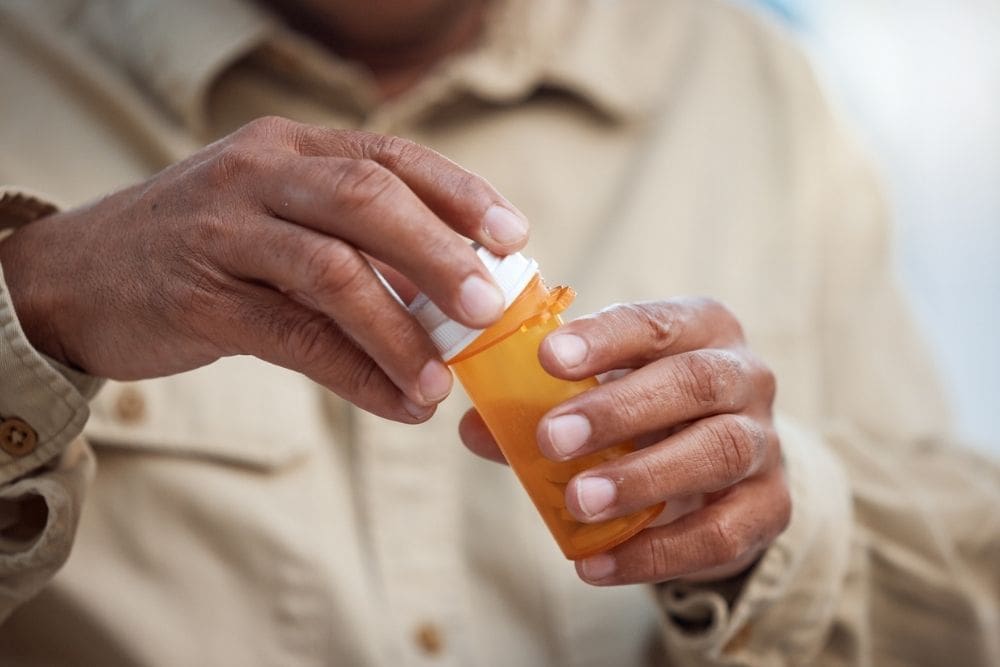Trading Addictions
Trading one addiction for another is a common occurrence for people in recovery.
People often substitute food, gambling, or shopping for substance abuse. By themselves and done in a controlled manner, these things aren’t negative. However, when they become compulsive behaviors, they turn into replacement addictions.
Behavior that morphs into a substitute addiction can have harmful effects on work or school, take people away from their families, strain finances, and potentially affect a person’s health in a negative way. Lasting recovery requires positive alternatives to substance abuse.
Accentuate the Positive
Finding positive, healthy, and beneficial activities to replace an abused substance is one major way to make transitioning into recovery a less-daunting process. Being self-aware and being aware of the pros vs cons when it comes to choosing an adequate replacement is essential.
There are numerous ways to fill the void recovery creates. Activities that benefit the body such as walking, running, exercising, weightlifting, or playing sports, combined with a healthy diet, will keep the physical body in shape and promote allover good health.
Activities that benefit the mind and spirituality such as journaling, meditation, reading, learning a new skill, getting involved with arts or music, volunteering, or getting involved in a local spiritual/religious center serve multiple purposes. While these are all positive replacements to manage cravings and fill the time that was previously spent on substance abuse, they are also good monitors of progress in recovery and being accountable.
Eliminate the Negative
Replacing the negative behaviors of substance use with positive activities limits the chances relapse will occur. Making a complete change—including mind, body, and spirit—will provide a person in recovery with the tools necessary to resist cravings and temptations. The triggers will still be there but having ways to cope with them that do not include negative behavior patterns will result in continued progress on the recovery journey.
A benefit of the cognitive behavior therapy used at Iowa’s St. Gregory Recovery Center is learning how to think differently so choices that are beneficial will be more easily made in any situation. CBT changes how a person reacts by making them self-aware. When a person realizes they’re in a tempting situation, they regain control and the behavior becomes a choice instead of a compulsion.
Latch on to the Affirmative
Having people to be accountable to that will celebrate the little victories is also immensely helpful in recovery. Everyone has an emotional need for affirmation. Especially in early recovery when the feelings are very raw, being recognized for a positive choice will light up the reward center of the brain like a pinball machine.
Since this center in the brain is what is triggered when a person suffering addiction engages in their substance of choice, having this same feeling for affirmation can over time create a positive replacement out of simply knowing a good choice was made and having it acknowledged.
A support system of friends, family, counselors, and/or others in recovery will celebrate the milestones and moments of positive choices made along the way. Being surrounded by these types of people, learning how to recognize triggers, and having positive replacements for moments of craving all work together toward successful recovery.
Don’t Mess with Mr. In-Between
Being halfway is a dangerous thing with addiction and recovery. When excuses are made for lapses in judgment, or when one addiction is traded for another, it’s a slippery slope downhill. What else is down that hill? Relapse.
Staying sober requires having every angle covered: an understanding of addictive behaviors, positive alternatives to substance abuse, and people requiring accountability. In this way, even if a negative choice is made or if a not-so-beneficial substitute sneaks in and becomes an addictive behavior, there is a support system of people who can pull the person in recovery back onto the path toward their best life.
If you’re ready to commit to recovery, St. Gregory Recovery Center can help. Our comprehensive program can give you the tools you need to replace addiction with a life filled with purpose and meaning.




